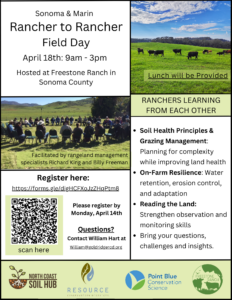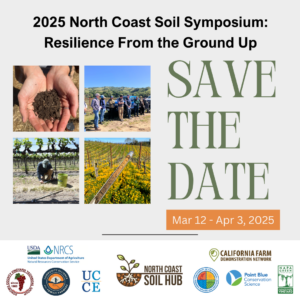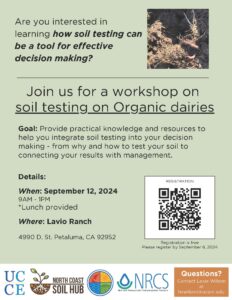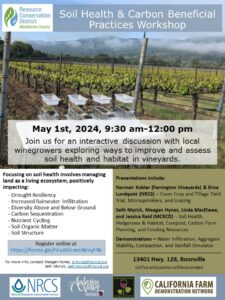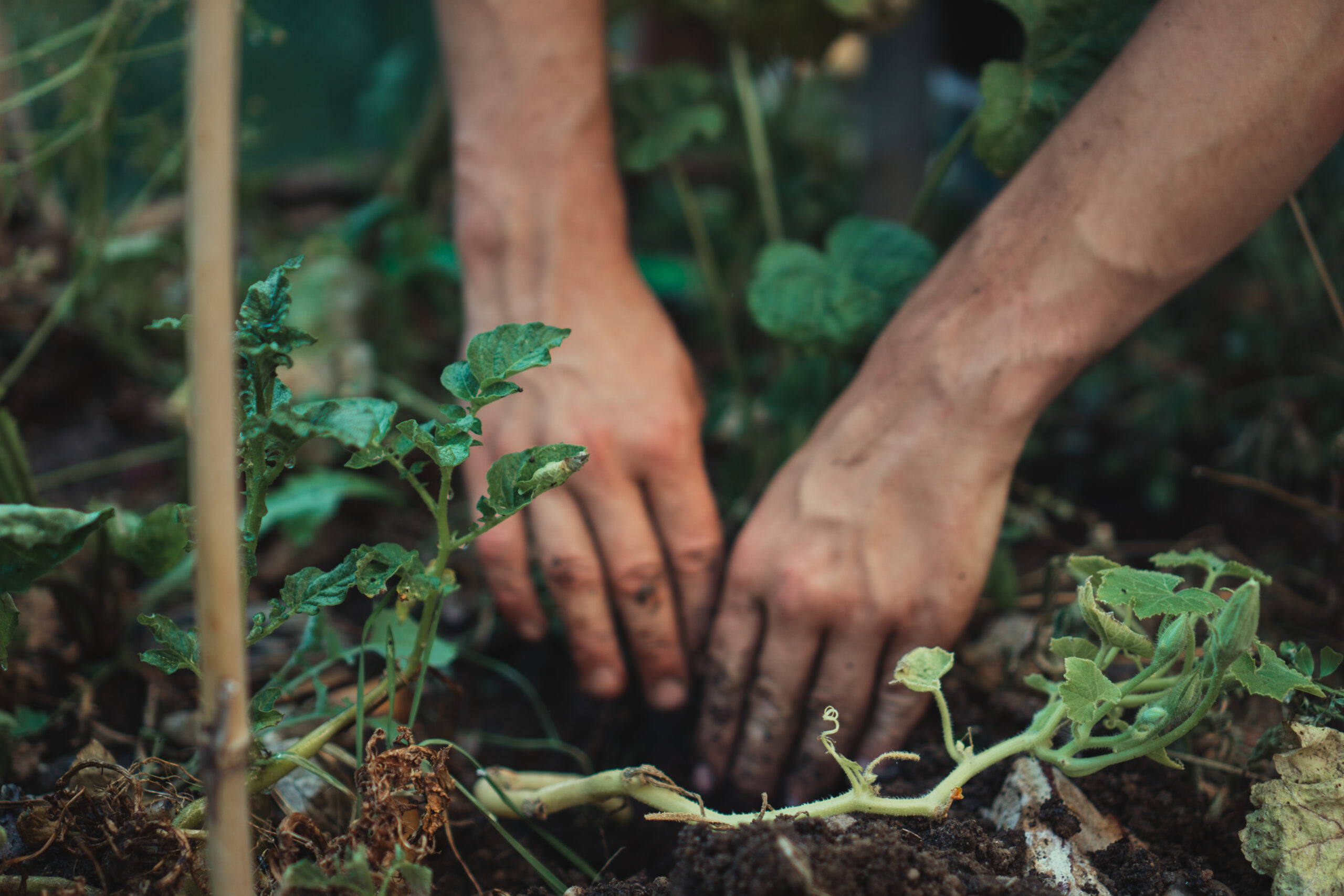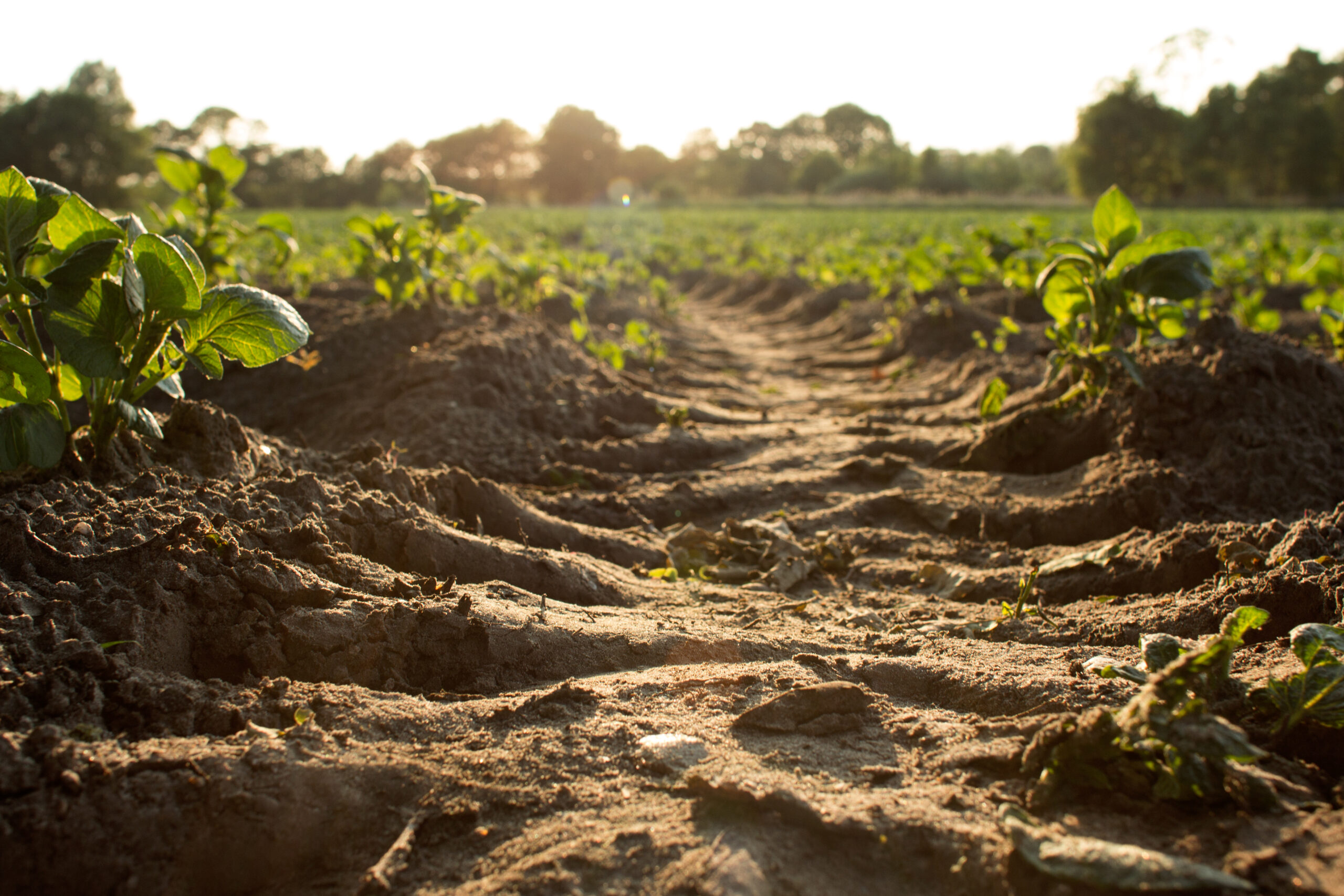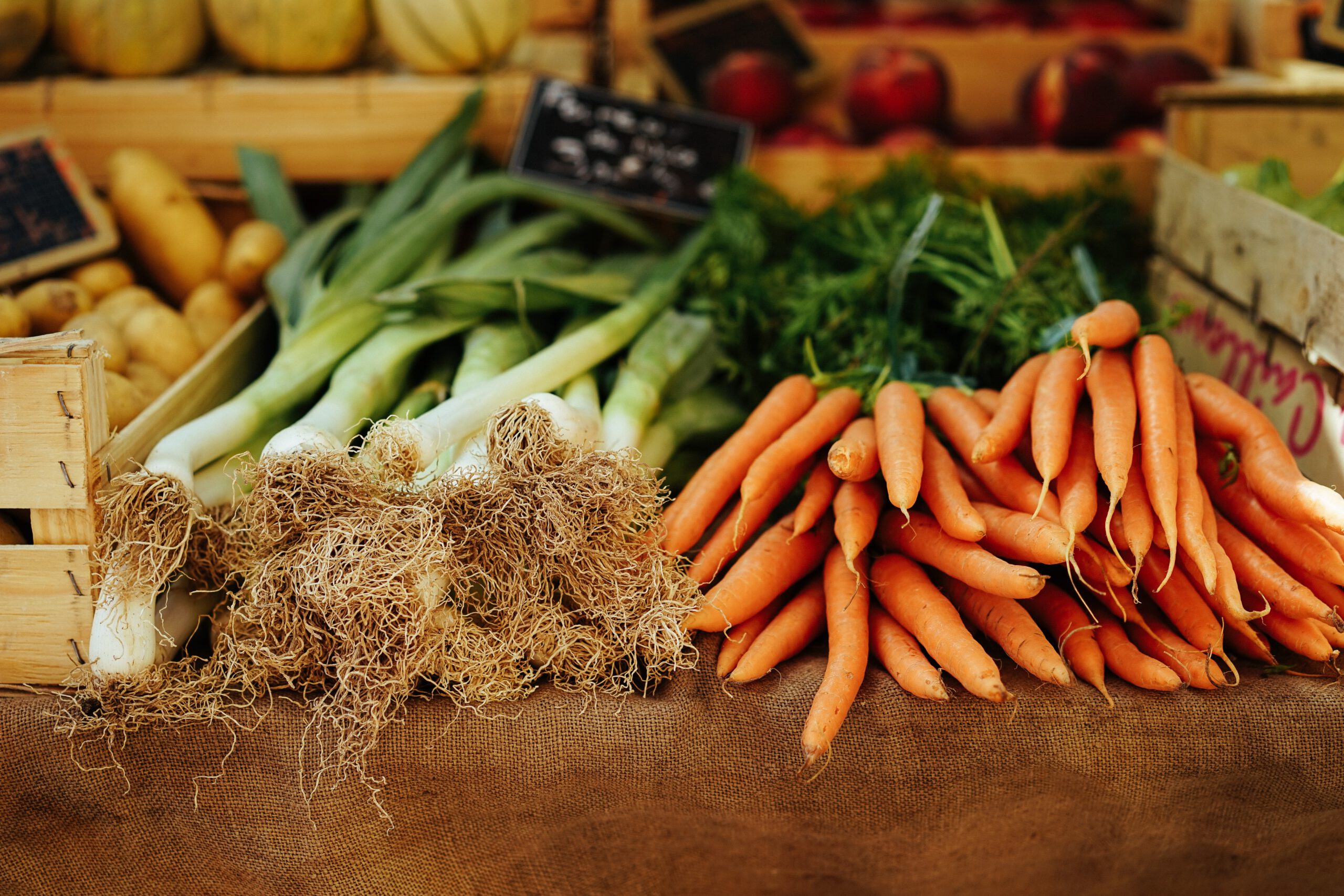By: Jonathan Wachter, Lead Soil Scientist at The Carbon Cycle Institute
September 2021
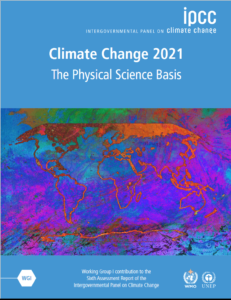
In August the Intergovernmental Panel on Climate Change (IPCC) released the first part of its Sixth Assessment Report entitled The Physical Science Basis providing a synthesis of the latest science on climate change since the IPCC’s last assessment was completed in 2014.
The report comes to some very clear conclusions—that many of the effects of global climate change are already being felt around the world, and they will continue to grow in severity unless greenhouse gas emissions are immediately and dramatically cut. Even under the best scenario—described as “sustainability-focused growth and equality”—global temperatures are expected to exceed 1.5°C above pre-industrial levels by the middle of the century. And while warming temperatures could be gradually reversed, other climate change impacts like global sea level rise and shrinking ice sheets will continue their trajectory for decades to millennia.
The report is a stark reminder of the importance of carbon farming. We know that agriculture can and must play a significant role in sequestering atmospheric CO2 and in reducing its greenhouse gas emissions. At the same time, farms and ranches must adapt to a changing climate. The western United States is already experiencing unprecedented drought, heat, and fires, and these climate change impacts are only predicted to continue.
Fortunately, many of our most valuable tools in sequestering carbon are also our most valuable tools in adapting to climate change and building agroecosystem resilience. Building soil organic carbon levels through, for example, compost additions, reduced tillage, and cover crops helps soil to more effectively soak up and hold onto valuable water. Agroforestry projects like windbreaks and silvopasture sequester carbon in woody biomass, provide shelter from wind and heat, and reduce the evaporative loss of water. These are just a few examples of practices in the carbon farming toolkit.
In the coming months, the IPCC will be releasing the second and third parts of its latest climate assessment entitled Impacts, Adaptation and Vulnerability and Mitigation of Climate Change. We expect to learn even more about the important roles of agriculture in mitigating and adapting to a changing climate.

